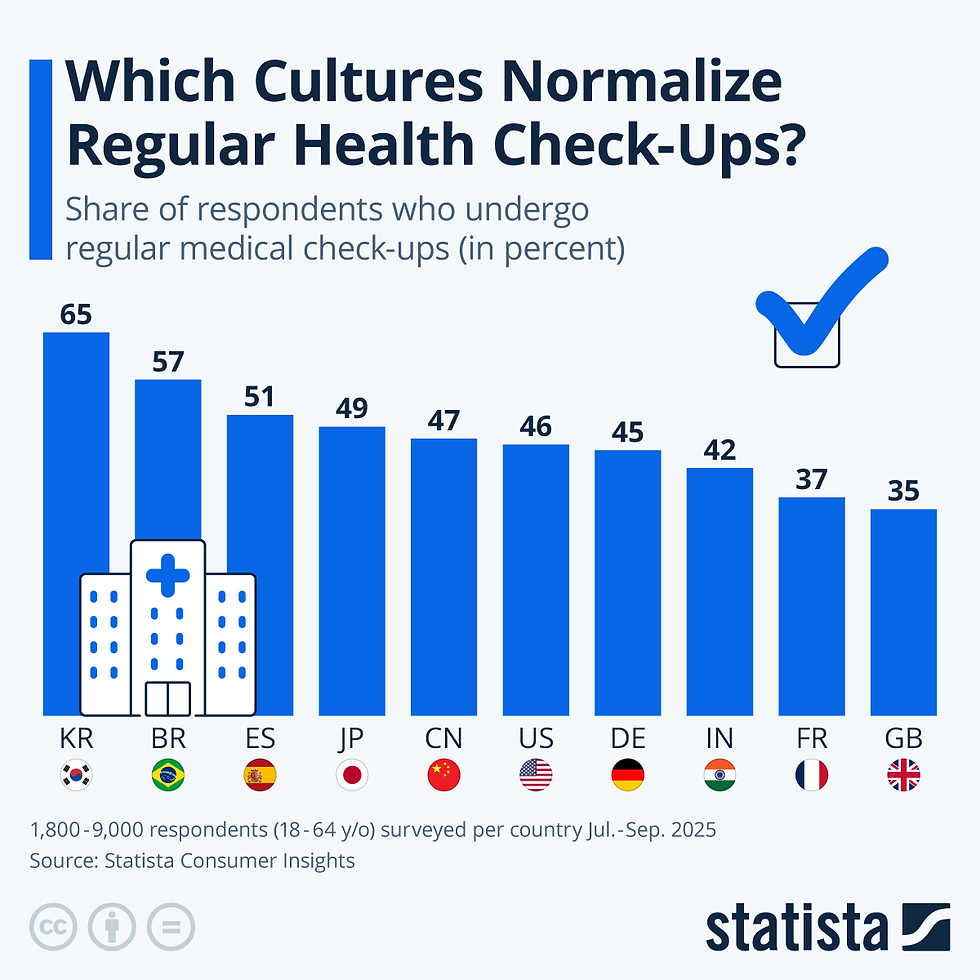U.S. Donor Blood Supply Running Low
- Create and Learn

- Mar 8, 2022
- 1 min read

This article is published in collaboration with Statista
by Katharina Buchholz
The Red Cross on Tuesday declared a national donor blood shortage in the U.S. – the first of its kind – saying that the lack of blood is the worst it has seen in more than a decade. The ongoing Covid-19 pandemic has exacerbated the decline in donations that goes along with the colder season, as blood drives continue to be cancelled across the nation and staff shortages reached the organization.
The Red Cross said that a 10 percent decline in blood donors due to the pandemic has led to hospital demand not being met and its reserves of critical blood types – for example type O – having been diminished to a one-day supply. While the Red Cross is responsible for around 40 percent of U.S. donor blood, the situation looks similar at independent blood distribution centers, responsible for around 60 percent of donated blood.
Data by their umbrella organization, America’s Blood Centers, shows that on Monday, almost three quarters of the independent distribution infrastructure reported supply levels considered critical, covering just two days or fewer. The situation was especially dire in Eastern States, where more than half the distribution infrastructure was down to a one-day supply or less.
The Red Cross is urging U.S. residents to help out by donating blood, platelets or blood plasma, which can be done either though the organization or through local outlets.
Start leaning Data Science and Business Intelligence tools:
createandlearn#analytics#dashboard#finance#accounting#tableau#powerbi#excel#sales#datascience#businessintelligence




























Comments